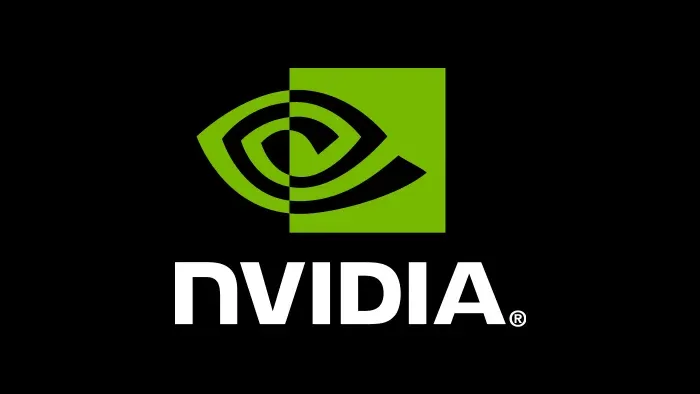Nigeria's insurance sector is witnessing significant growth in revenue, reaching 726.2 billion naira in 2022. The National Institute of Financial Institutions of Nigeria (NIA) shared this remarkable growth at its 52nd annual meeting held in Lagos yesterday, through the chairman, Mr. Mr Olusegun Omosehin. This figure shows a significant increase of 33.9% from the loss of 569.1 billion naira recorded in 2021. The insurance chief said that the NIA is working closely with the National Insurance Commission (NAICOM) and other stakeholders from financial services and technology. department to promote the insurance business. He added that the partnership aims to increase the contribution of the sector to the Gross Domestic Product (GDP), which will lead to increased coverage and surplus.
He also said that the Consolidated Insurance Bill 2020 was not signed into law during the 9th Assembly, despite all efforts by the party to ensure that it was. Omosehin also praised the progress of the Energy and Allied Insurance Pool of Nigeria (EAIPN), which he said is helping to buy the country's rights and reduce losses in oil and gas underwriting. During this time, Mrs. Yetunde Ilori, the Director General of the NIA, said that during the year under review, the agency collaborated in a joint operation with the Lagos State Vehicle Inspection Service (VIS), requesting that it be made law and order confirmed by automatic number. . VIS and Nigerian Insurance Institute Database (NIID) Number Plate Recognizer (ANPR), NIA Verification Platform. Major insurance companies in Nigeria paid out a total of 129.93 billion naira in 2022, compared to 109.63 billion naira recorded in the same period in 2021. This is according to data compiled by Nairametrics from financial reports from Custodian Insurance, NEM Insurance, Coronation, Mansard Plc, AIICO, Mutual Benefits Assurance, and Cornerstone Insurance, which are all major insurance companies listed on the Stock Exchange. Nigerian. Insurance companies also earned a total of 335.04 billion naira in gross revenue during the reporting period, compared to 267.66 billion naira in 2021. This means that insurance companies paid 39% of their income in debt, compared to 41% in the same period last year, a slight decrease of 2%.

Omosehin noted that despite the economic downtown in the country, Nigeria’s insurance industry continues to be an economic driver and safeguard of national assets, he added: “As a subset of the national financial system, the insurance industry also had a fair dose of the general economic and socio-political problems bedeviling the country in the past year. “Perennial power outages, herders and farmers conflicts, kidnapping, banditry poor infrastructural facilities, increasing poverty, galloping inflation, flooding, and other natural catastrophes. “Also, geometric rise in the exchange rate of the business resulting in high cost of operations. “Notwithstanding these challenges, insurance companies continue to discharge their obligations as financial intermediation and restorer of businesses in line with their mandate.”




